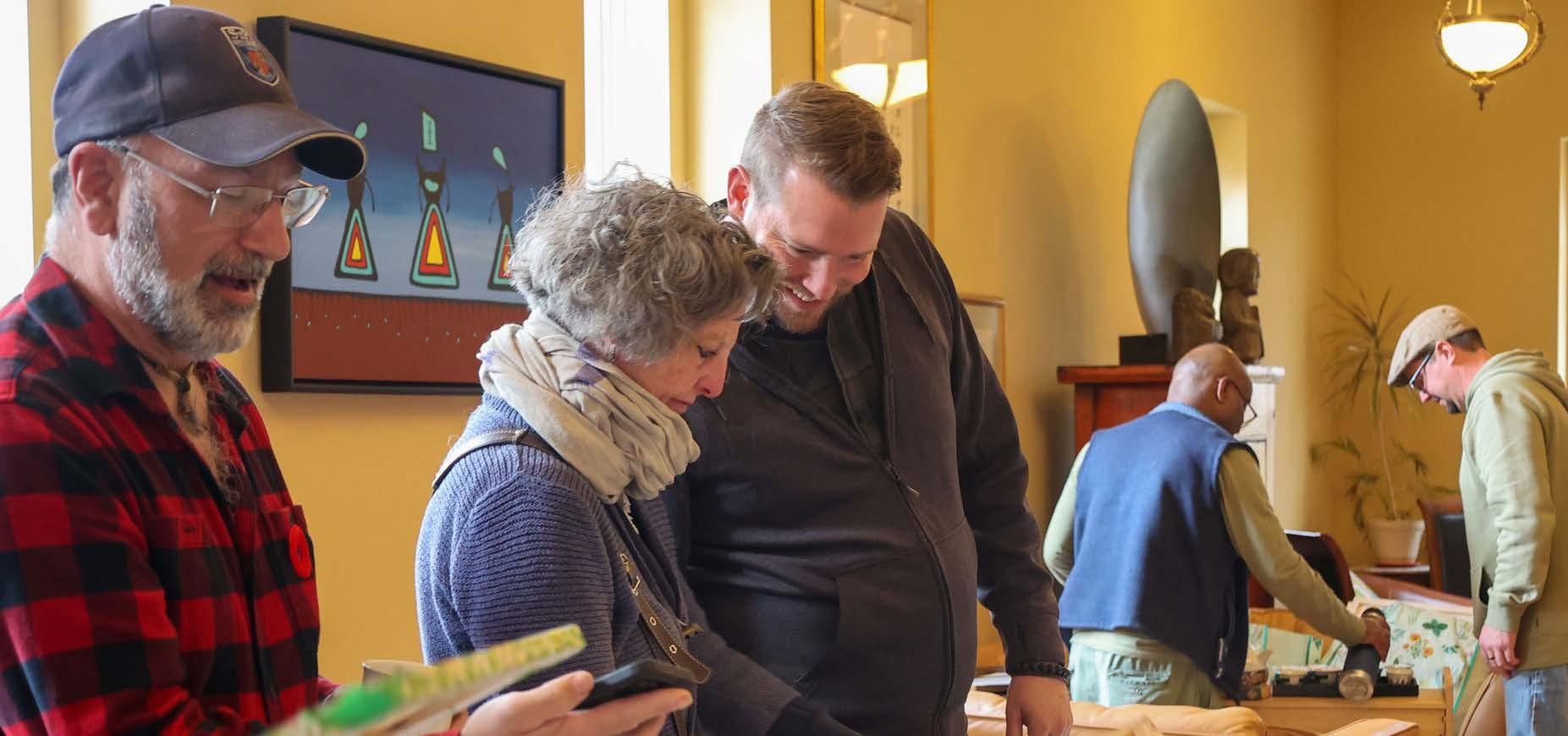TRANSFORMING CONFLICT AND BUILDING PEACE

Cohesive communities are the foundation of society. As such, the presence or lack of ‘positive peace’ in a community naturally has an impact on the local level as communities struggle to maintain connection and involvement, as well as impacting the larger society through ongoing polarization and disconnection.
Starting with the viewpoints and assets of all participants in the room, this learning opportunity will open space for community members to explore together the underlying structural, political, economic, and social causes of conflict at the local level, and the necessity of peacebuilding to address the root causes of conflict within their communities. The critical question is: how do we transform conflict into something constructive that contributes towards our personal as well as communal growth and development?
DATES
COURSE TYPE On campus i
October 31 - November 2, 2025
Registration closes September 25
FACILITATOR: Digafie Debalke
DURATION 3 Days
The three key aspects of this course are:
■ Conflict transformation: ‘Conflict’ is often seen as a bad thing with no positive and constructive function in our relationships. The fact is that conflict is a natural aspect of human growth and development. Conflict minus violence could be an ‘opportunity’ for affecting change in our individual, family and community relationships. In this course we identify and learn the tools, approaches, and practices that will provide us with insights to transform conflict into opportunity.
■ Community centred reconciliation practices: Certainly, there are various levels of practices and processes of reconciliation. Reconciliation at an individual, family, community, and national level are important dimensions of reconciliation. Each one of these levels exhibit their own unique characteristics and content. This course will examine reconciliation at the community level. What are the futures of reconciliation at the community level? What are the challenges and opportunities in facilitating reconciliation processes at the community level? What should we not do when engaging in reconciliation at the community level? We will reflect on these question to help us understand community level reconciliation.
■ Local economies and peacebuilding: Economies and economic structures play a vital role in contributing towards ‘positive peace’ as well as destructive violence, even war. This course explores the impact of local and relational economies in strengthening community capacity toward sustainable peace.
Through knowledge sharing and interactive activities grounded in participants’ local context, this learning gathering offers an opportunity to strengthen, integrate, and reflect on the ideas, skills, and principles involved in building positive peace and what those ideas mean to participants personally and as peacebuilders in their communities.
Outcomes for community members will include:
■ Increased understanding through engaging in an exercise that is designed to assist community members in identifying their community’s social, cultural, resource, and creative assets that are crucial for peacebuilding and conflict transformation.
■ Through the learning and knowledge sharing process, community members will learn skills to develop an inclusive and community-owned definition of peacebuilding.
■ Community members will identify key aspects and tools of community peacebuilding encompassing the community’s social dynamics, economic setting, and political environment.
■ Community members will become familiar with some peacebuilding literature focused on community peacebuilding.
